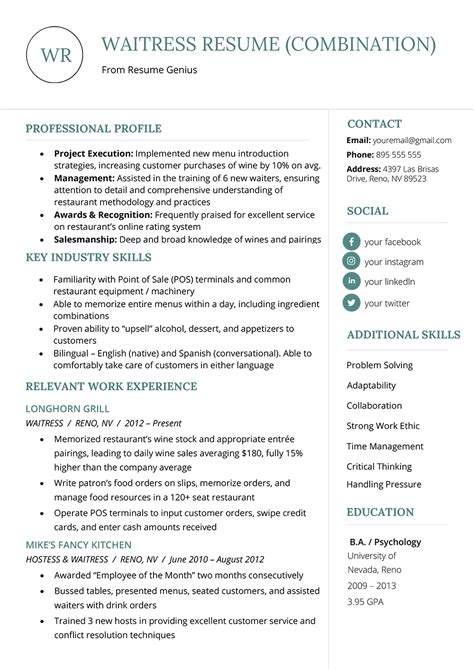Appropriate Years Of Experience To Include In Your Resume

When creating a resume, it can be difficult to decide which years of experience to include. Including too much or too little information can be detrimental to your job search. In this article, we will discuss the appropriate years of experience to include in your resume, as well as provide tips for crafting a standout resume.
1. Tailor your resume to the job posting
Before deciding which years of experience to include, it is important to tailor your resume to the job posting. Look for keywords and requirements listed in the job description and make sure to highlight relevant experience that aligns with the job requirements. This will help ensure your resume stands out to the hiring manager.
2. Include the most recent 10-15 years of experience
When deciding which years of experience to include in your resume, it is generally recommended to include the most recent 10-15 years. This allows the hiring manager to see your most current experience and skills. However, if you have experience prior to that which is highly relevant to the job, it is okay to include it.
3. Highlight relevant experience
Make sure to highlight the most relevant experience to the job you are applying for. This will help the hiring manager quickly see how your experience aligns with their needs. Use bullet points to showcase specific accomplishments and skills related to the job.
4. Don’t include irrelevant experience
It is important to not include irrelevant experience on your resume. This can clutter the resume and make it difficult for the hiring manager to see your relevant experience. Only include experience that is directly related to the job you are applying for.
5. Consider including internships or volunteer work
Internships or volunteer work can be valuable experience to include on your resume, especially if you are early in your career. This can showcase your dedication and work ethic, as well as provide additional skills and experience to highlight.
6. Use quantifiable achievements
Make sure to include quantifiable achievements on your resume. This can include metrics such as sales numbers, project completion rates, or cost savings. This helps the hiring manager see concrete examples of your accomplishments and skills.
7. Don’t forget soft skills
Soft skills, such as communication and teamwork, are important to highlight on your resume. These skills can be just as important as technical skills in many roles. Use examples of how you have used these skills in previous roles to showcase their importance.
8. Keep it concise
While it is important to highlight relevant experience, it is also important to keep the resume concise. Aim for a one to two-page resume that highlights your most important experience and skills.
9. Proofread and edit
Before submitting your resume, make sure to proofread and edit for any typos or errors. This will help ensure a professional appearance and that your experience and skills are showcased effectively.
10. Update your resume regularly
It is important to update your resume regularly, even if you are not actively job searching. This can help ensure that you are ready for any new opportunities that may arise. Make sure to add any relevant experience or skills as you gain them.
Conclusion
Deciding which years of experience to include in your resume can be a challenge. However, by tailoring your resume to the job posting, highlighting relevant experience, and keeping it concise, you can create a standout resume that showcases your skills and accomplishments.
FAQs
Q: Can I include experience from more than 15 years ago?
A: While it is generally recommended to only include the most recent 10-15 years of experience, if you have highly relevant experience from more than 15 years ago, it is okay to include it.
Q: Should I include every job I’ve ever had on my resume?
A: No, it is important to only include relevant experience on your resume. Including every job can clutter the resume and make it difficult for the hiring manager to see your most important experience.
Q: How can I make my soft skills stand out on my resume?
A: Use specific examples of how you have used your soft skills in previous roles. This can showcase their importance and how they have contributed to your success.
Q: How often should I update my resume?
A: It is recommended to update your resume regularly, at least once a year, even if you are not actively job searching. This can help ensure that you are ready for any new opportunities that may arise.
